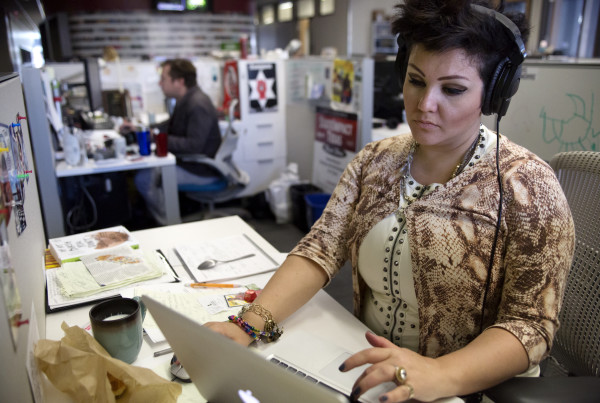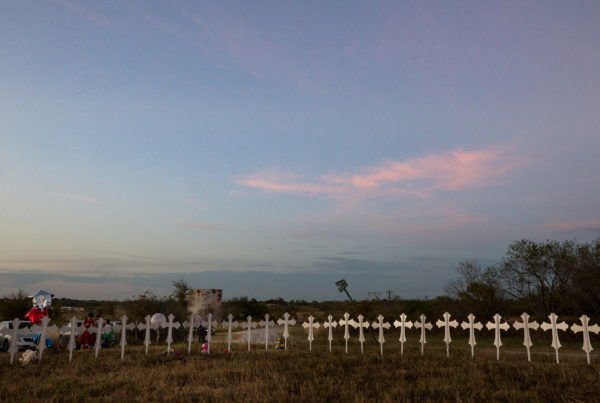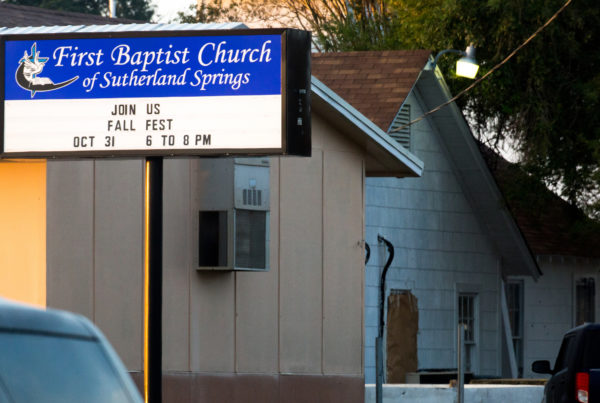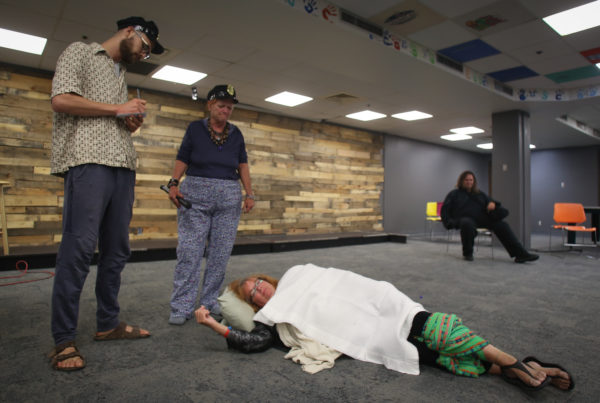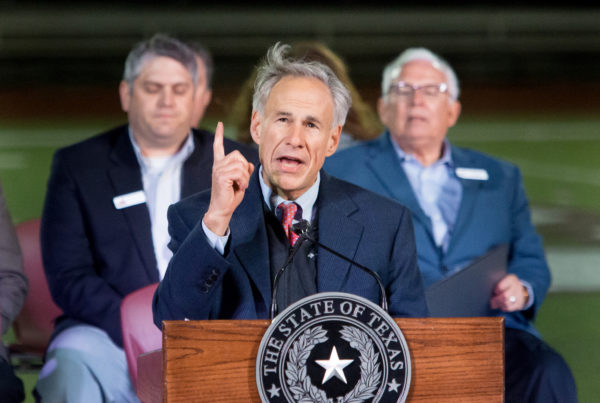The Standard’s news roundup gives you a quick hit of interesting, sometimes irreverent, and breaking news stories from all over the state.
Students Stage Protests Calling For DACA Replacement
Yesterday, students across the nation – and across Texas – staged walkouts to demand action on a replacement for the Deferred Action for Childhood Arrivals Program, the program that protects unauthorized immigrants brought here as minors from deportation. President Trump announced the end of the program earlier this year.
Activists are calling for a so-called “clean DREAM act” – that is, legislation protecting DACA recipients but without tacked-on spending for other border-security related matters, like Trump’s border wall.
In Austin, students rallied outside the office of Senator John Cornyn. Out west, University of Texas at El Paso students gathered in the middle of campus to demonstrate. Roberto Valadez urged his peers to demand action from lawmakers.
“Starting March 6, if we do not pass a Dream Act, people’s DACAs will begin to expire and people will be at risk of deportation,” he said. “Which is why we need all of you to put pressure on our elected officials.”
Elsewhere in Texas, protesters marched in Dallas, Houston and San Antonio. There are estimated to be 124,000 DACA recipients in the state.
Can Hospitals Hide Costs From Patients? State Supreme Court To Weigh In
The Texas Supreme Court is looking at a case about whether or not hospitals must reveal costs when a patient says a bill is unreasonable. The case revolves around Houston’s North Cypress Medical Center, which is fighting a patient asking for that disclosure. Houston Public Media’s Ed Mayberry reports:
Crystal Ann Roberts sued North Cypress Medical Center over charges after a car accident. She was billed slightly over $11,000 for emergency room treatment, reduced to $8,200 after the other driver’s insurer paid some of those costs. Roberts sued after the hospital refused to reduce the bill further.
University of Houston law professor Seth Chandler says it’s important that pricing data be accessible to both patients and insurers.
“We’re never going to get costs under control if we don’t know what hospitals are, in fact, charging patients,” he says.
Chandler wonders how a patient can prove, for example, that $180 to attach a plastic sensor to your finger is a reasonable and customary charge.
“When you’ve got charges of thousands of dollars for some patients, it’s completely reasonable to know whether that charge is reasonable or whether it’s an outrageous markup, which is often the case, unfortunately,” he says.
North Cypress argues that because Roberts didn’t have private insurance or Medicare or Medicaid, the terms of contracts negotiated with insurance carriers is irrelevant to her claims.
UT System Delays Vote on Los Alamos Bid
The University of Texas System regents unexpectedly paused a vote on a bid for the Los Alamos National Laboratory. The system has been in talks to run the U.S. Department of Energy lab in New Mexico, known for developing nuclear weapons. The board was scheduled to vote yesterday, but that vote has now been postponed to November 27. According to the Austin American Statesman, Regents Chairwoman Sara Martinez Tucker did not give a reason for rescheduling.




